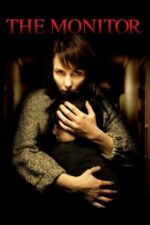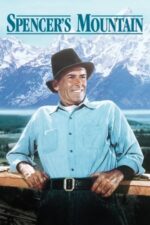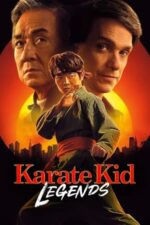When we think of overprotective mothers in cinema, it's not just about helicopter parents or smothering love. It's also a reflection of society's ever-evolving attitudes towards parenting and independence. From 'Karate Kid: Legends' to 'The Nest', these films showcase the complex dance between nurturing and suffocating, raising questions about what it means to protect our loved ones in an increasingly complex world.
In 'Karate Kid: Legends', young Li Fong faces a double-whammy of culture shock and family tragedy that would floor even the toughest martial artist. His mother's overprotectiveness stems from her own struggles adapting to life in New York City, but it also highlights how she sees her son's kung fu skills as his only means of survival. The film doesn't dismiss this approach outright; rather, it shows the value of learning new ways to fight - integrating different cultures and techniques - to truly conquer challenges.
On the other hand, 'Peel' presents us with a motherless boy who must learn resilience in her absence. Peel's journey is one of self-discovery and redemption, a poignant reminder that sometimes letting go is the ultimate act of love. Here, the lack of maternal protection pushes him into a transformative phase, highlighting how too much protection can hinder growth.
Then there's 'Spencer's Mountain', which delves into the universal struggles of balancing family values with individual aspirations. Clay Spencer's joy at his son's college acceptance is tinged with worry about finances and temptation, reflecting societal pressures that often weigh heavy on parents.
'Butterflies Are Free' offers a heartwarming tale of independence from an overprotective mother. Don Baker leaves his mother behind to forge a life in San Francisco, meeting Jill Tanner along the way. Their blossoming relationship is a beautiful portrayal of human connection despite their contrasting backgrounds. Yet, Mrs. Baker's relentless meddling reminds us that sometimes, letting go is not only necessary but also loving.
'The Monitor' takes us into the realm of fear and trust as Anna uses technology to listen in on her son Anders. This chilling tale highlights how our attempts at protection can often create a world filled with sinister undertones. It forces us to question: when does watchful protection become paranoia?
Lastly, 'The Nest' invites us into Villa dei Laghi, where Samuel grapples with confinement within his idyllic upbringing. His yearning for new experiences mirrors our innate desire for freedom and self-discovery. Elena's protective bubble might seem loving, but it also stifles Samuel's growth.
These films remind us that the line between nurturing and smothering love is thin and fluid. They challenge us to reevaluate our own parental instincts and question whether we are truly preparing our children for the world outside or merely trying to shield them from its harsh realities. And isn't that part of cinema's magic - making us reflect on our own lives through the lens of fiction?
In each story, characters grapple with their unique brand of overprotective motherhood: sometimes nurturing, often challenging, always thought-provoking. So next time you find yourself worriedly hovering over your child or friend, remember these cinematic examples and ask yourself - am I being a helpful helicopter parent or an oppressive obstacle?




























